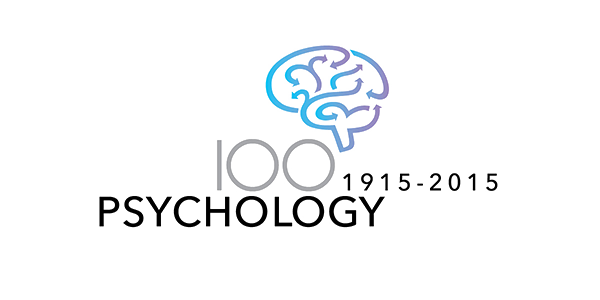Developmental Psychology
Our graduate program focuses on training students to become independent scientists in developmental psychology.
The faculty in this area study how experience and maturation contribute to changes in our mental, physical, and social capabilities, often with a focus on changes in cognitive processes such as learning, attention, perception, and representation. Our approach places a strong emphasis on identifying the psychological, biological, and environmental mechanisms that provide causal explanations for change over developmental time.
The program also involves the Carnegie Mellon University Children’s School, a laboratory school that facilitates developmental research with children between the ages of 3 and 5.
These faculty routinely train Developmental Psychology students:
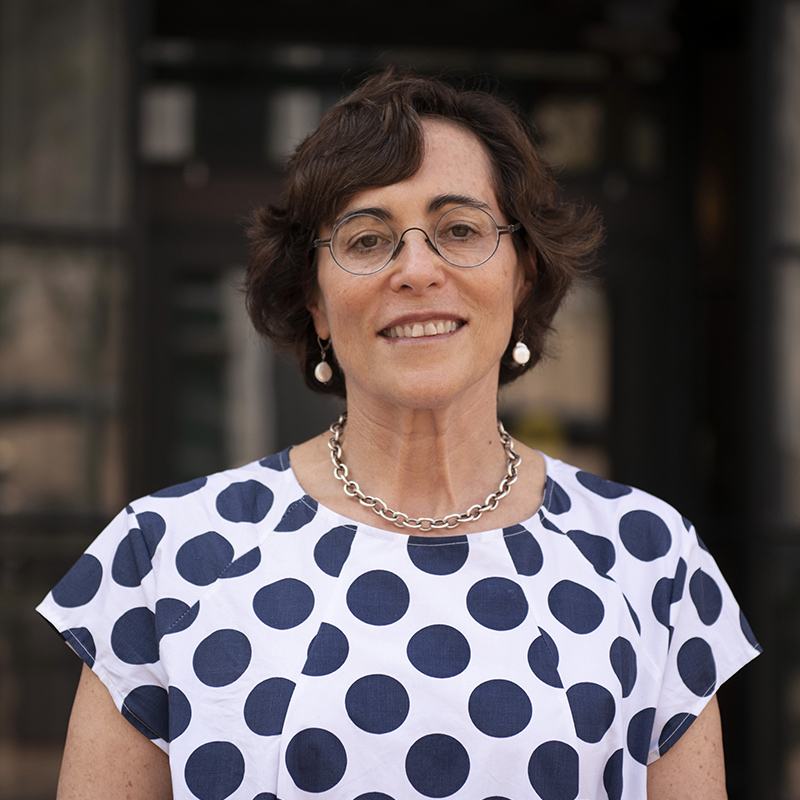
Marlene Behrmann
Thomas S. Baker University Professor of Psychology and Cognitive Neuroscience
Behrmann's research program is on understanding the psychological and neural bases of visual cognition, with particular emphasis on the recognition of faces, words and common objects. The research involves a multimodal approach using psychophysics, functional MRI and EEG and different populations including normal and brain-damaged adults and children.

Jessica Cantlon
Ronald J. and Mary Ann Zdrojkowski Associate Professor of Developmental Neuroscience/Psychology
We study the developmental, evolutionary, and cultural origins of logic and mathematics using fMRI and behavioral methods with children and adults, comparative studies with non-human primates, and cross-cultural research in the Amazon. Our studies test the kinds of computations that are shared among primates, their developmental trajectory, and what makes the human brain unique.
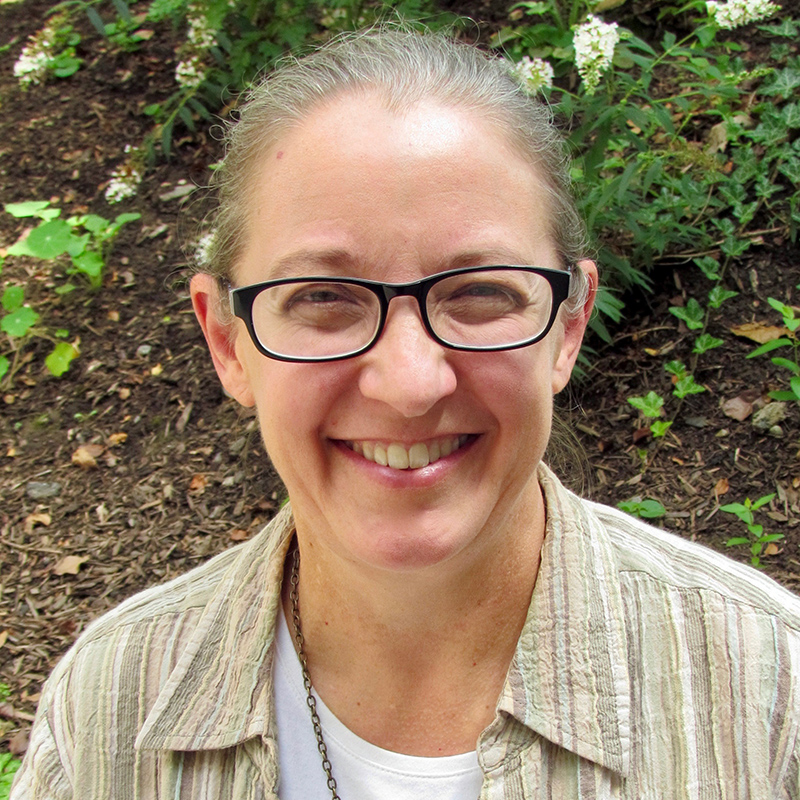
Sharon Carver
Director, Children's School and Professor of Psychology (Teaching)
My work aims to utilize theories and research in the learning sciences to improve education, for young children at the Children’s School where I am the Director, for undergraduates in the Dietrich College where I am the Associate Dean for Educational Affairs, and for graduate students in the Program for Interdisciplinary Education Research (PIER) where I teach one of the core courses and serve on dissertation committees.

Anna Fisher
Associate Professor of Psychology
I study development of attention regulation, role of attention in learning in formal and informal settings, and development of higher-order cognition including semantic memory and reasoning. On-going projects in the lab examine how children sustain attention to dynamic events, the role children’s developing attention regulation plays during reading, and learning-driven changes in semantic memory in ecologically-valid settings.
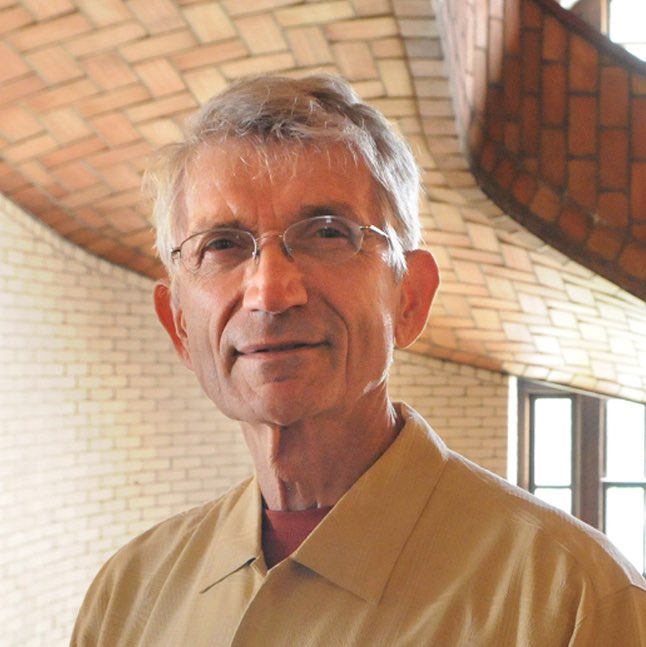
Brian MacWhinney
Teresa Heinz Professor of Cognitive Psychology
I have created the crosslinguistic multimodal TalkBank database system for the study of spoken language interactions in children, adults, bilinguals, language learners, and a variety of language disorders. My Competition Model for first and second language learning relies on concepts and data from usage-based linguistics, embodied cognition, and neuroemergentism.
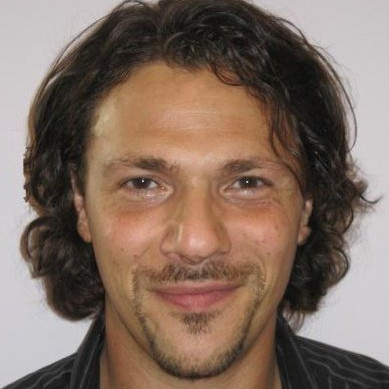
David Rakison
Associate Professor of Psychology
I study various aspects of infant perception and cognition using behavioral methods and computational modeling. I apply information-processing and evolutionary psychology approaches to examine how infants learn about causality, categorization, induction, cues to animacy, labels, and fear.

Erik Thiessen
Director of Undergraduate Studies and Associate Professor of Psychology
I study learning, with a particular focus on language learning and how infants and adults take advantage of probabilistic information in the input to discover phonological, lexical, and syntactic patterns. I am interested in both the effects of learning - such as how adults process input differently from infants - and also the mechanisms underlying learning, and have ongoing projects exploring both of these questions.
